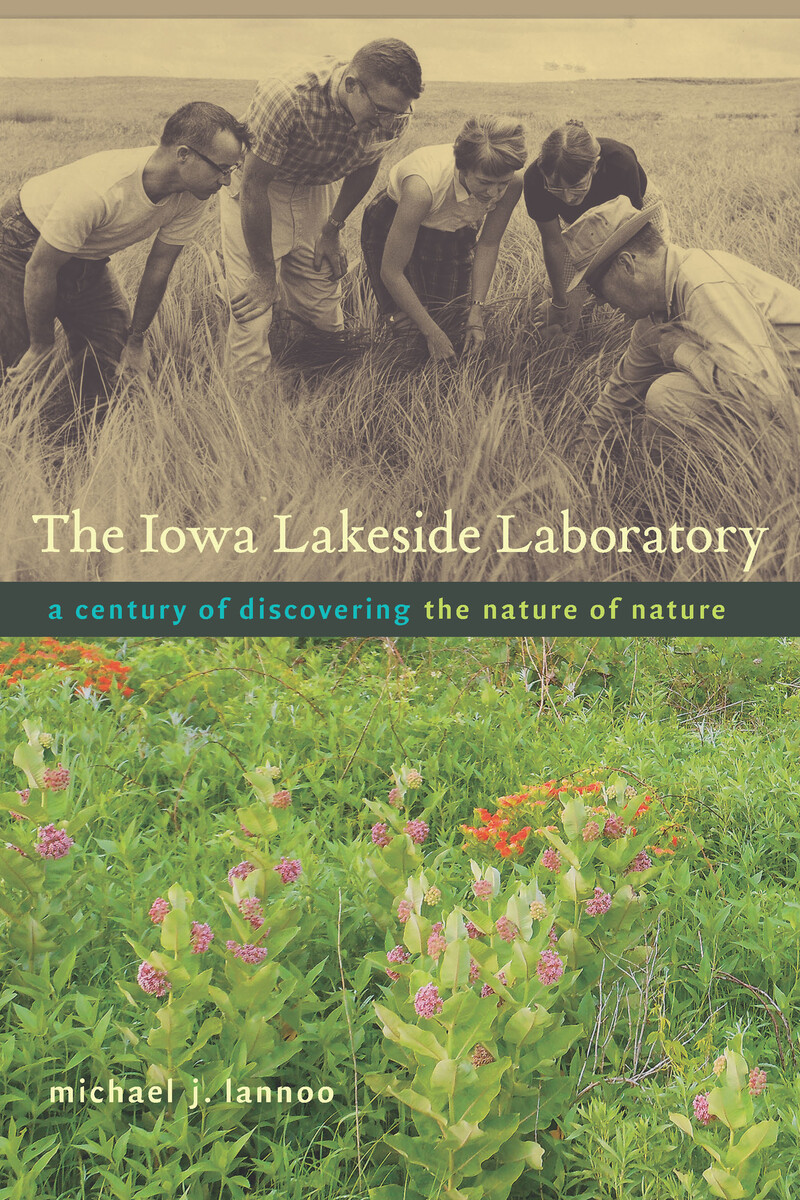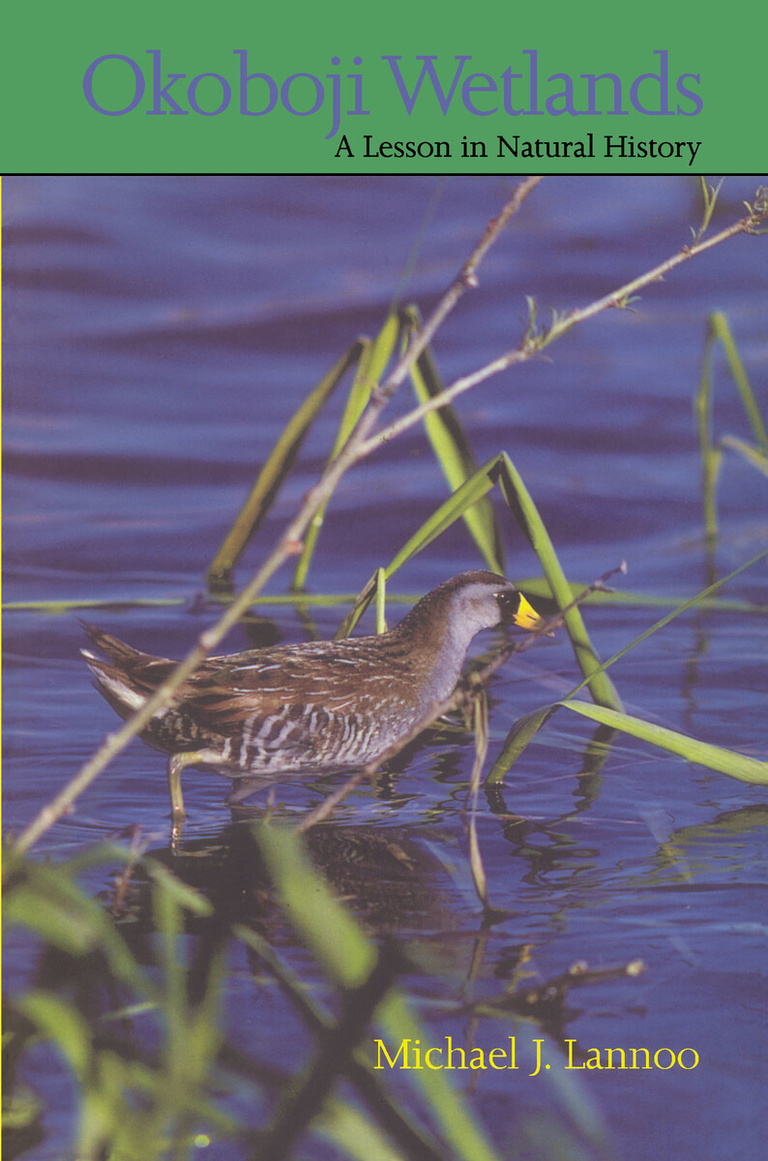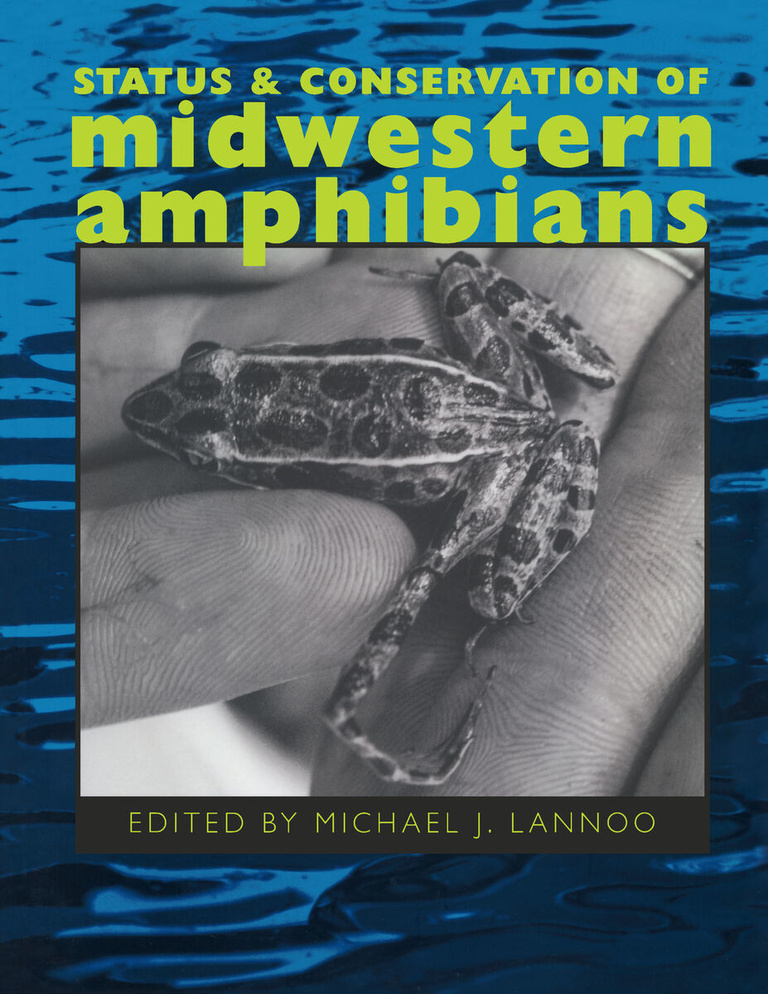Imagine a place dedicated to the long-term study of nature in nature, a permanent biological field station, a teaching and research laboratory that promotes complete immersion in the natural world. Lakeside Laboratory, founded on the shore of Lake Okoboji in northwestern Iowa in 1909, is just such a place. In this remarkable and insightful book, Michael Lannoo sets the story of Lakeside Lab within the larger story of the primacy of fieldwork, the emergence of conservation biology, and the ability of field stations to address such growing problems as pollution, disease, habitat loss, invasive species, and climate change.
At the intersection of major ecosystems with distinct plant and animal communities and surrounded by what, ironically, may be the most intensely cultivated landscape on earth, Lakeside has a long history of rubber-boot biologists saturated in the spirit that grounds the new discipline of conservation biology, and Lannoo brings this history to life with his descriptions of the people and ideas that shaped it. Lakeside’s continuing commitment to bringing the laboratory to the field rather than bringing the field to the lab has supported a focus on mammalogy, ornithology, herpetology, ichthyology, invertebrate biology, parasitology, limnology, and algology, subjects rarely taught now on university campuses but crucial to the planet’s health.
Today’s huge array of environmental problems can best be solved by people who have learned about nature within nature at a place with a long history of research and observation, people who thoroughly understand and appreciate nature’s cogs and wheels. Lakeside Lab and biological research stations like it have never been more relevant to science and to society at large than they are today. Michael Lannoo convinces us that while Lakeside’s past is commendable, its future, grounded in ecological principles, will help shape a more sustainable society.
“Biology has changed greatly over the past century, but as author Mike Lannoo explains, field stations still have an important role to play. Readers will enjoy this engaging account of one long-established station and the many people who have contributed to its success. The pages are amply illustrated with historic photos that add much to the book’s appeal.”—Peter J. van der Linden, executive director, Iowa Lakeside Laboratory and Regents Resource Center
"This book offers a loving, lyrical, and powerful explanation of the great value of field laboratories. The message resonates far beyond the Lakeside Lab as we slowly begin to understand that solutions to our enormous environmental problems must come from people who have learned to generate their own knowledge rather than absorb it in classrooms, and there is no better place to search for this wisdom than the mix of field laboratories and nature."—Paul Dayton


